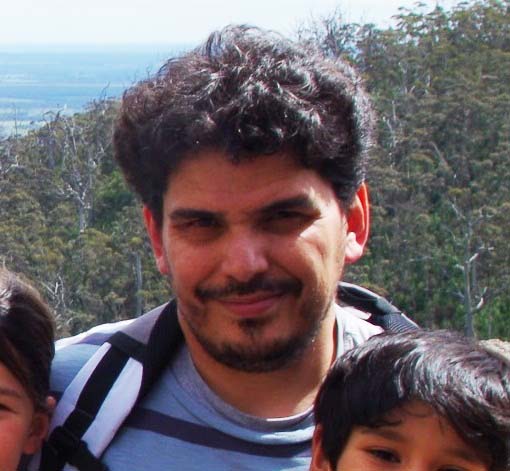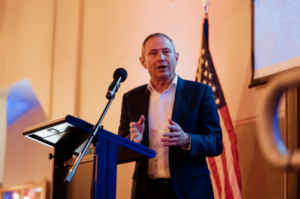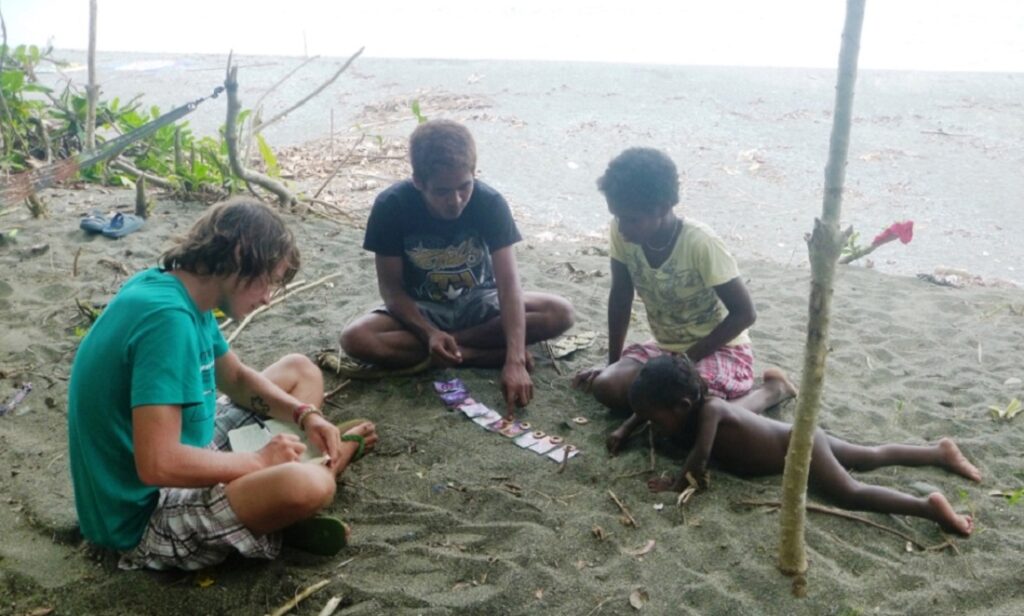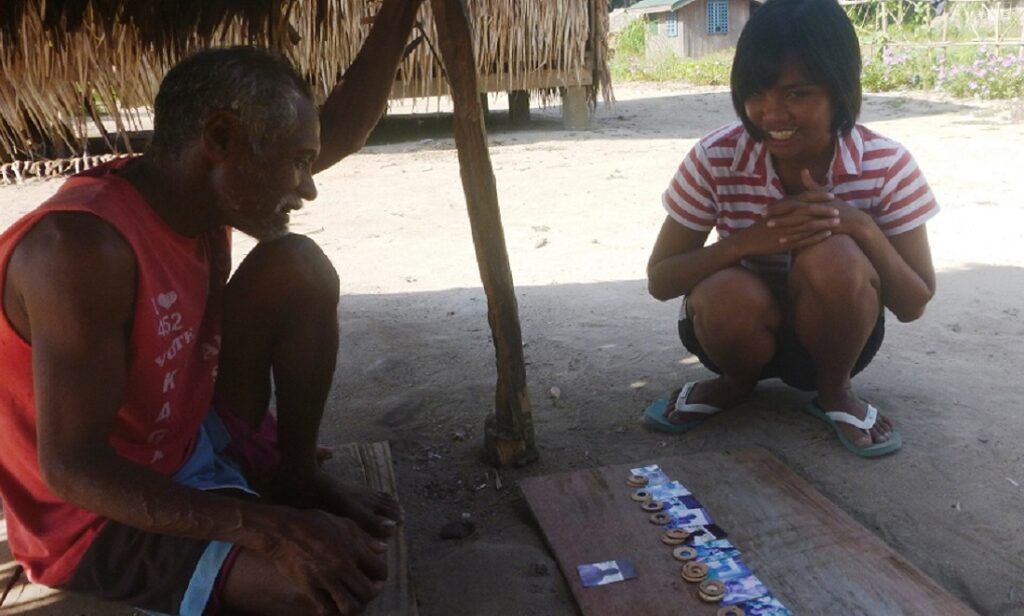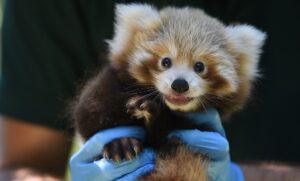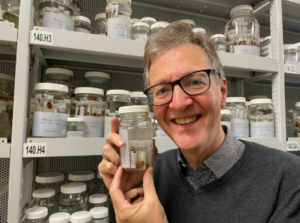Storytelling is one of the oldest forms of communication known among humans. From gatherings around a campfire to watching the latest TV shows, humans are avid producers and consumers of stories.
Stories are part of the history of every known society, where they served to transmit knowledge and valuable information from one generation to the next. Aeons before human started writing, stories were being told as a way to preserve and transmit knowledge.
“In cultures that lack writing, there are no libraries, archives or other external memory systems, so the knowledge that has been accumulated over generations is stored in memory and transmitted orally,” says Michelle Scalise Sugiyama from the University of Oregon, USA.
Despite their importance, we still don’t fully understand the importance of storytelling or how it evolved over time.
The importance of a good story
Now, a new study focused on the cooperative behaviour of the Agta, a hunter-gatherer population from the Philippines, found that good storytelling helps strengthen cooperation and fairness.
Among the Agta, storytelling is a prominent component of their everyday life. Their stories convey messages about sex equality, cooperation, friendship and social bonding.
“The majority of stories told by the Agta, as well as other hunter-gatherers, concern broadcasting social norms and the ‘correct’ way to behave in social situations, such as the importance of sharing food, collective action or sex equality,” says Dr Daniel Smith from University College London, who led the study.
For example, in one of their stories, the plot involves a fight between the Sun, considered male, and the Moon, considered female. The two characters are fighting over who should illuminate the sky. Once their fighting is over, they agree on sharing their job. The Sun will work during the day and the Moon at night.
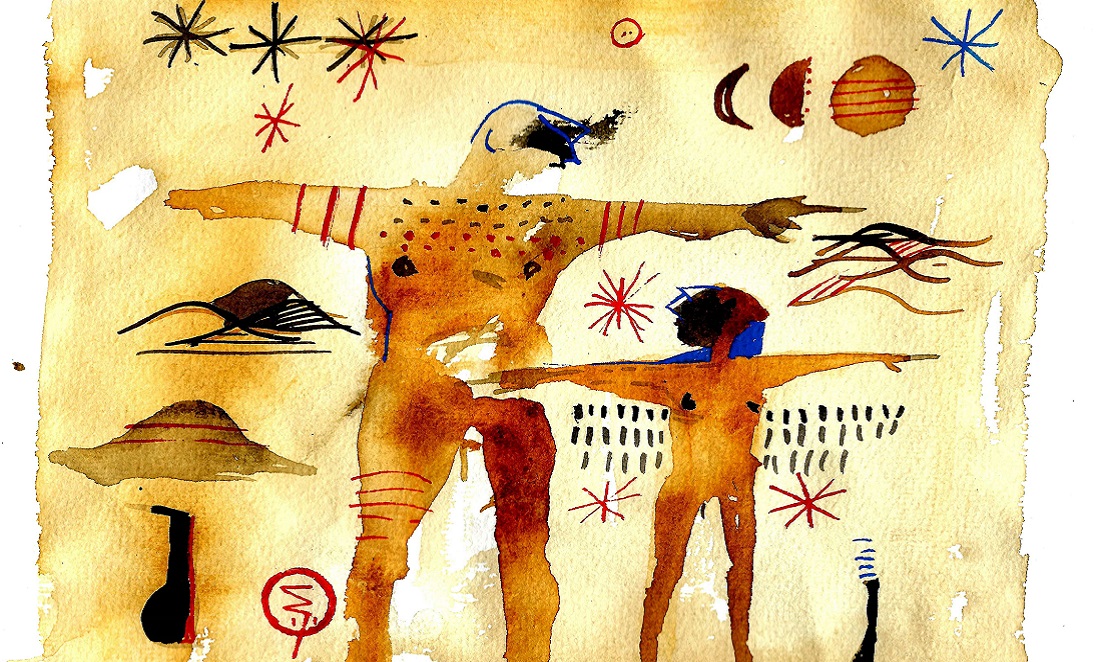
These stories are told by men or women who are skilled at storytelling and valued members of the Agta society.
To test the importance of storytelling in this society, Daniel and his team worked with 290 hunter-gatherers from 18 different groups, each located in separate camps. Then they interviewed several members from each group to determine how many good storytellers lived there.
Finally, researchers tested the level of cooperation in each group by having their members play a sharing game, where each individual was given multiple tokens, each worth a small amount of rice. They were then told they could either keep or share the rice.
“We found that camps with a greater proportion of storytellers were more cooperative, indicating that these stories may influence real-world behaviour,” says Daniel.
The study also found that being a good storyteller was linked to age—a finding that makes sense, says Michelle. “Older people may be expected to have larger story repertoires and hence be more knowledgeable than younger people, as they have had more time to hone their performance skills.”
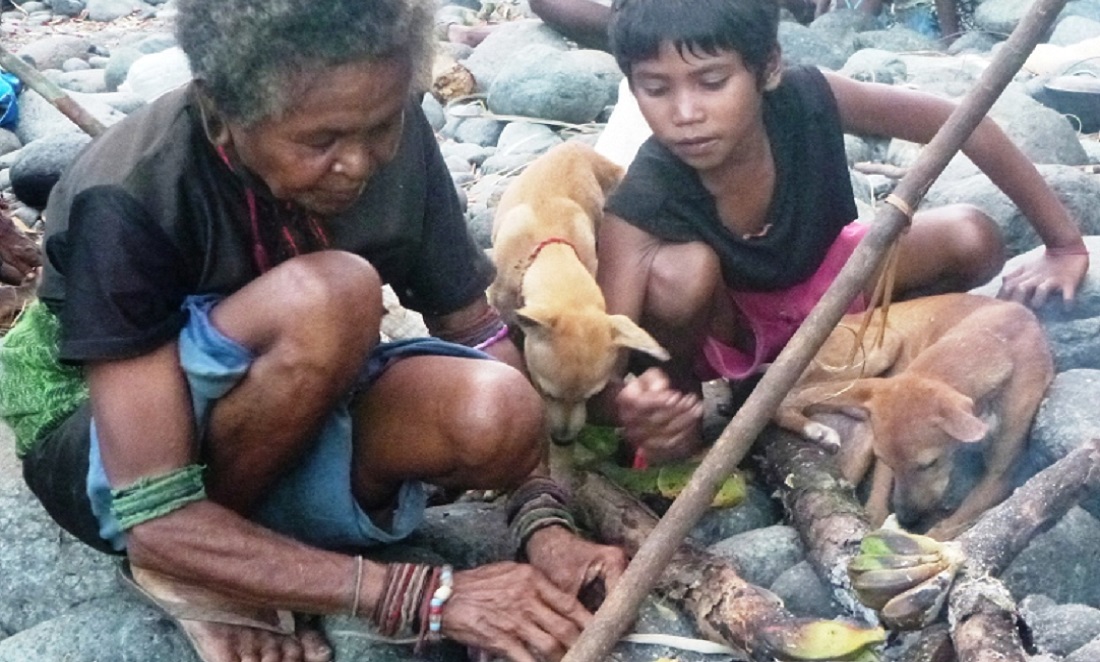
A good story goes a long way
But being a good storyteller is not about the greater good. The study also found that those individuals who were regarded as good storytellers also benefited in more than one way.
“Storytellers are not altruistic do-gooders, however. In return for their services, they have increased social support (more people want to live with them, and people are more likely to give food to skilled storytellers), which in turn appears to increase their reproductive success, as, on average, they have more children than less-skilled storytellers,” says Daniel.
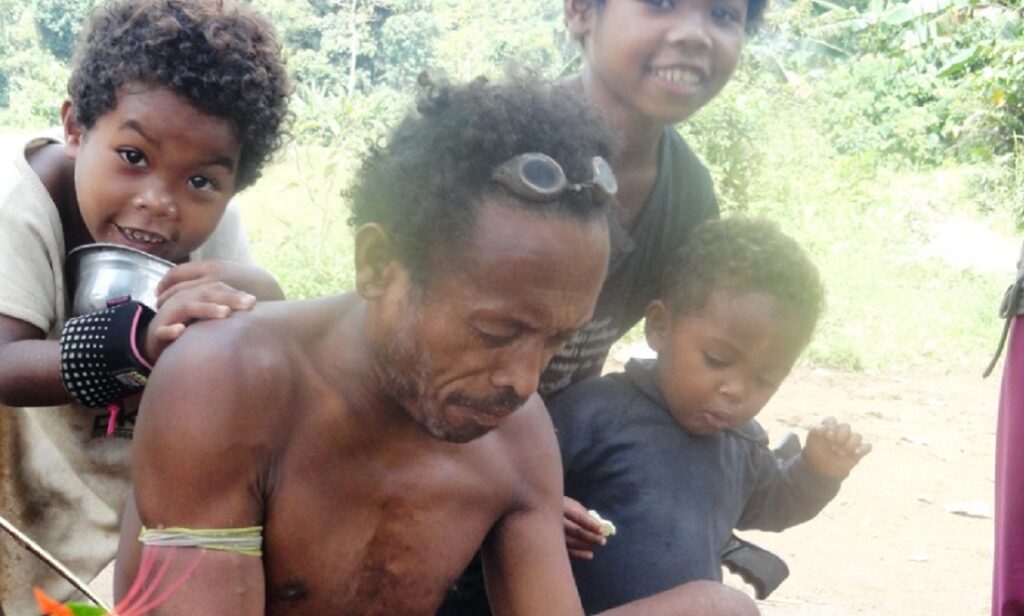
Good storytellers benefit in more ways than one. Skilled storytellers had more children than less-skilled storytellers.
Taken together, Daniel thinks the results of this study suggest that storytelling was a key component of early human sociality. “Storytelling likely allowed all individuals to know the rules of the game in a given society and therefore how to work together without conflict to achieve a common goal,” he adds.


